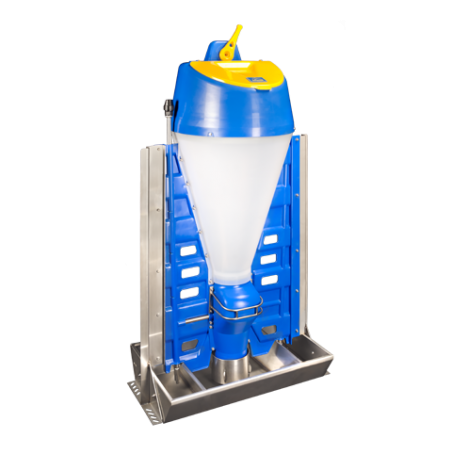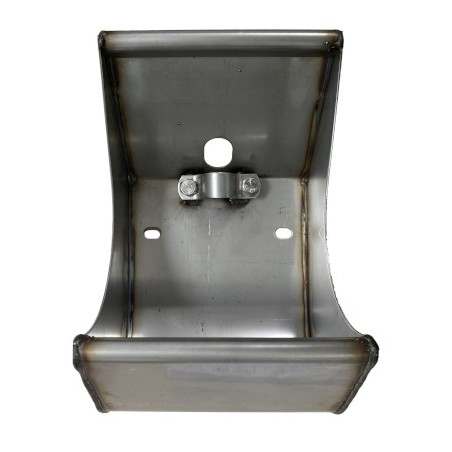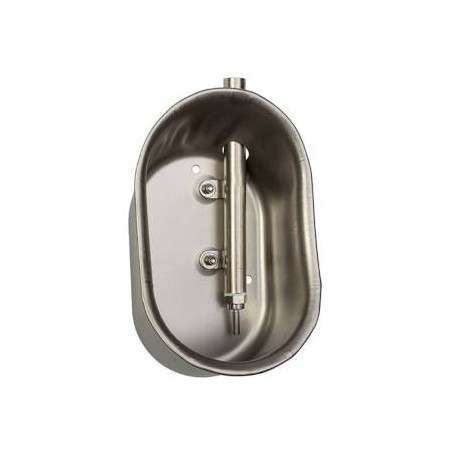The recent shortage of corn resources and the rising price of corn has focused research efforts on the search for feed materials to replace it. Wheat and barley are the primary options to replace corn, although their non-starch polysaccharide content represents a limitation for their inclusion and requires the addition of enzymes in the diet. However, previous studies already showed that barley and wheat could replace corn from the weaning to fattening period as long as the balance of protein or amino acids in the pig diet was maintained. Therefore, this experiment aimed to investigate the effects of wheat and barley substitution for corn on growth performance, blood antioxidant capacity, intestinal health, and fecal microbial composition in growing pigs. Eighteen healthy "Duroc × Landrace × Yorkshire" pigs (50 ± 0.85 kg) were randomly divided into three groups with six replicates and one pig per replicate. The three treatment groups were fed the basal diet based on corn and soybean meal, respectively, and the experimental group diet was partially replaced by wheat and barley, respectively. The nutritional levels of the three treatments were the same. The experiment lasted 28 days.
Wheat and barley partially replacing corn had no significant effects on growing pigs' growth performance, blood antioxidant capacity, and nutrient digestibility. Compared with the basal diet and the experimental diet that partially replaced corn with barley, the diet partially replacing corn with wheat significantly increased the duodenal villus height and villus height/crypt depth ratio of growing pigs. Compared with the basal diet, the wheat and barley diets significantly increased the contents of butyric acid, propionic acid, and total volatile fatty acid in the cecum and colonic digesta of growing pigs. In addition, the abundance of Turicibacter, Escherichia-Shigella and other harmful bacteria in barley and wheat diet groups were significantly decreased at the genus level. The abundance of Bifidobacterium, Lactobacillus, Prevotella, and Roseburia increased significantly.

In conclusion, barley and wheat partially replacing corn as energy feedstuffs does not affect the growth performance of pigs but can regulate intestinal flora and promote intestinal health.
Ma X, Li Z, Zhang Y. Effects of the Partial Substitution of Corn with Wheat or Barley on the Growth Performance, Blood Antioxidant Capacity, Intestinal Health and Fecal Microbial Composition of Growing Pigs. Antioxidants. 2022; 11(8): 1614. https://doi.org/10.3390/antiox11081614








